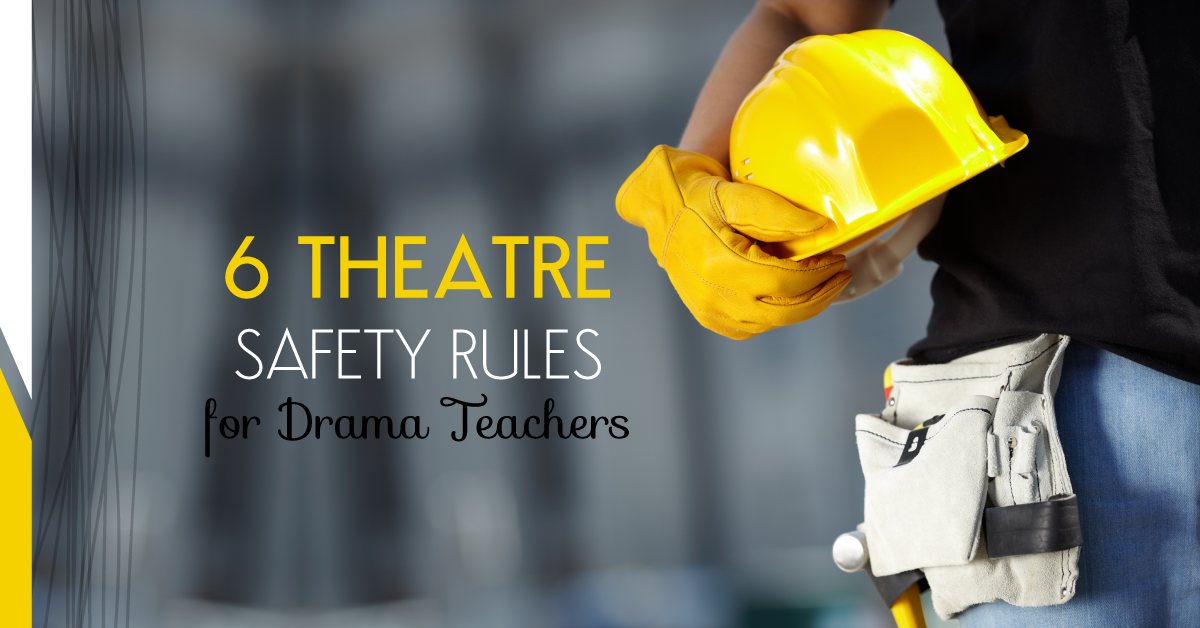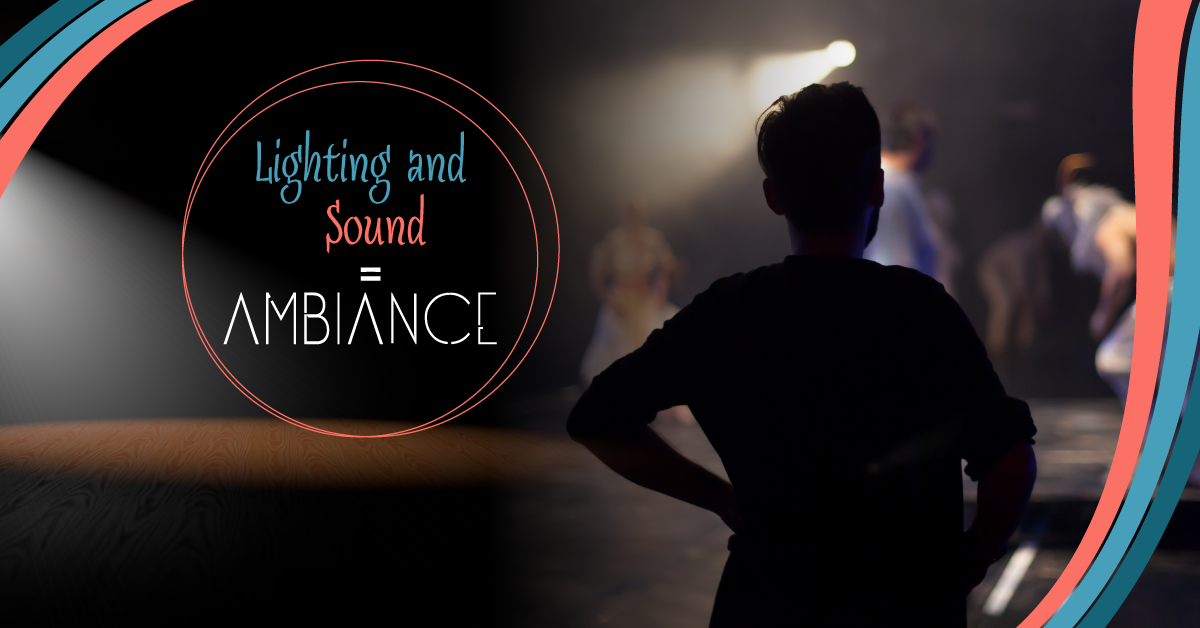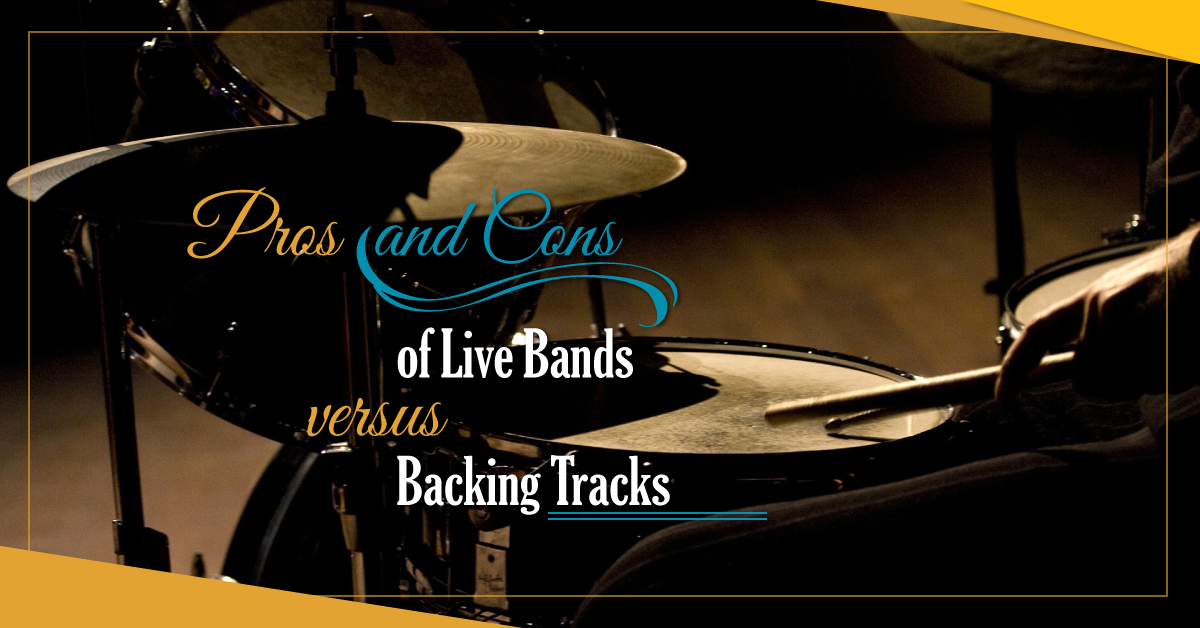6 Theatre Safety Rules for Drama Teachers
Kristi Ross-Clausen, Production Stage Manager at the University of Wisconsin – Madison is constantly thinking about theatre safety. She’s taught drama and been behind the scenes for both local and Broadway productions. She did her master’s thesis on high school theatre safety, and she shares with us some basic theatre safety considerations. This should be required reading for all drama teachers!
1. Understand the equipment you have, and get training to maintain it properly.
- It is important to know how to use and maintain your theatre equipment system, especially if it is a counterweight rigging system. If you don’t understand how that system works and maintain it properly, it’s very easy to have something go wrong.
- Find somebody who’s an ETCP-certified theatre rigger to come in and take a look at your theatre.
- No two theatres are exactly the same. Get training from the ETCP-certified rigger so you know how to use your stage’s equipment.
2. If your students are using stage aspects or equipment, make sure that it is age appropriate and skill level appropriate.
- Teach students how to do tasks that are appropriate for their age level and skill ability. For example, younger students running a counterweight system might be allowed to move a 50-pound object instead of a 500-pound one.
3. Use pieces, equipment, and connectors that are made for theatrical purposes.
- Buy from a theatrical supplier. The hardware that you buy at your local big-box store is not intended for theatrical use.
- Look for domestically made pieces because manufacturing criteria are different in the US than in other countries.
4. Small spaces still have safety rules.
- Ensure exits are clear. In case of an emergency, you have to be able to get out. Make sure there is an unblocked way for all audience members, actors, and crew members to exit.
- Ensure that your sets and curtains in your theatre are flame-retardant. You can buy products that mix with paint for sets, or a flame-retardant spray to coat your curtains. Rosco is one supplier that makes great products for this purpose.
5. Don’t forget flat safety.
- Use flame-retardant paint to treat muslin or Hollywood flats just like you would any other kind of set piece. It really doesn’t matter which kind of flat you’re using or what kind of set pieces you’ve got. The safety rules are the same.
- Use good quality theatrical hardware designed for flats.
6. Make your scene shop safe.
- Know your user’s manual and where to find it.
- Ensure table saws have “saw stops.”
- Use goggles, wear closed-toe shoes, and wear gloves for handling materials. Avoid loose clothing and tie hair back.
Want to learn more? Listen to Kristi discuss Theatre Safety on the Theatrefolk Podcast!
Click here for a free Scene Shop Safety poster!
Download For Free
Related Articles
Theatrefolk is the Drama Teacher Resource Company. We are your one stop shop for Plays, Resources, and Curriculum Support - all specifically designed for High School and Middle School drama teachers.
Copyright © 1995-2025



